Simple Guava and Quince Jam Recipe To Make at Home
Views: 225
To create this quince jam recipe, we made an experimental, small batch jam, combining the two common fruits, quince and guava, in a unique blend that has never been done before. The result impressed us. If you enjoy our jam’s distinctive taste, feel free to scale up and share this exotic guava and quince jam with friends and family to enjoy year-round.
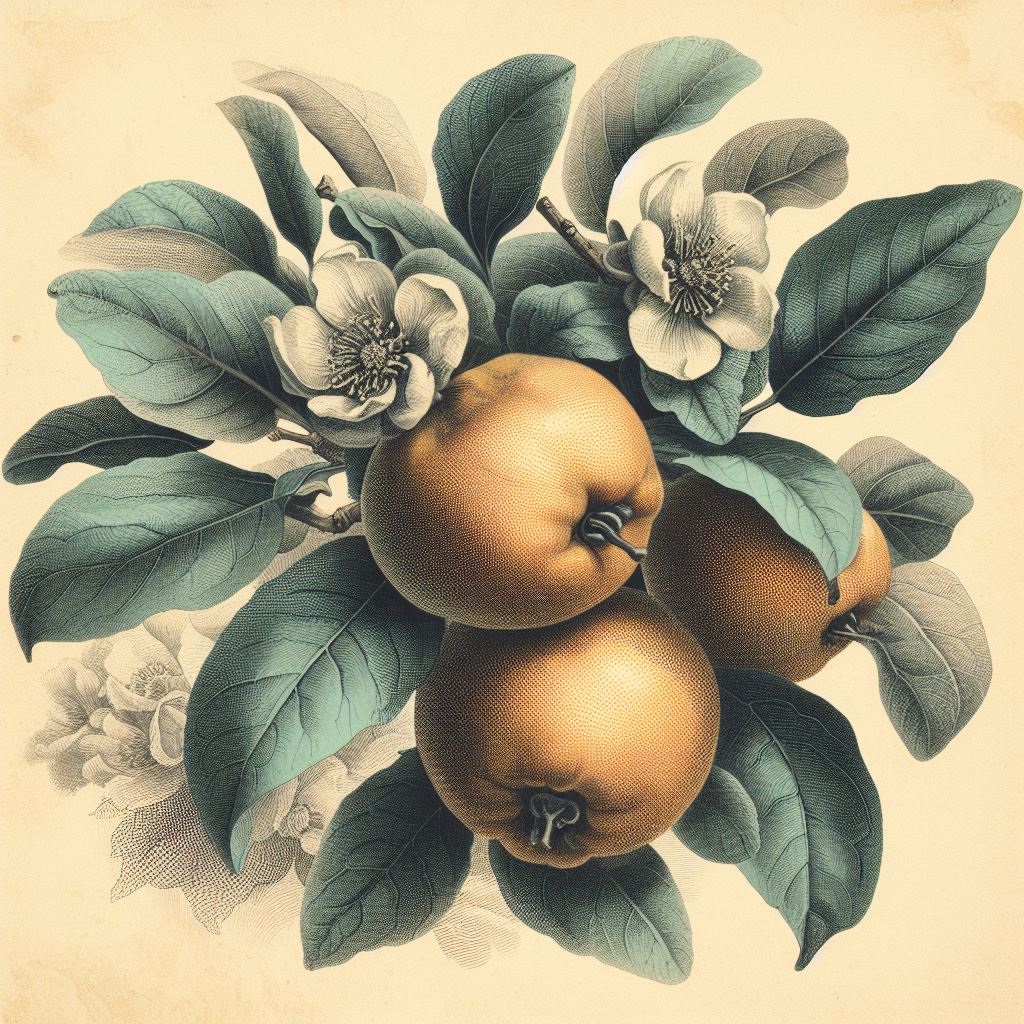
Did you know that quince is the sole member of the Cydonia genus in the Rosaceae family’s Malinae sub tribe? Quince fruit looks like a large, uniquely shaped pear. Markedly, quince has tough yellow-golden skin and a firm, gritty texture. While it may sound like an exotic, hard-to-find fruit, quince is quite common. It grows not only abundantly but also successfully in a variety of climates. It is known to be thriving at latitudes as far north as Scotland.
By comparison, guava is a fruit native to tropical and subtropical regions. Due to its popularity, guava is also now grown in parts of the USA and Europe. Interestingly when put together side by side, these two fruits look remarkably similar in color and somewhat similar in shape.
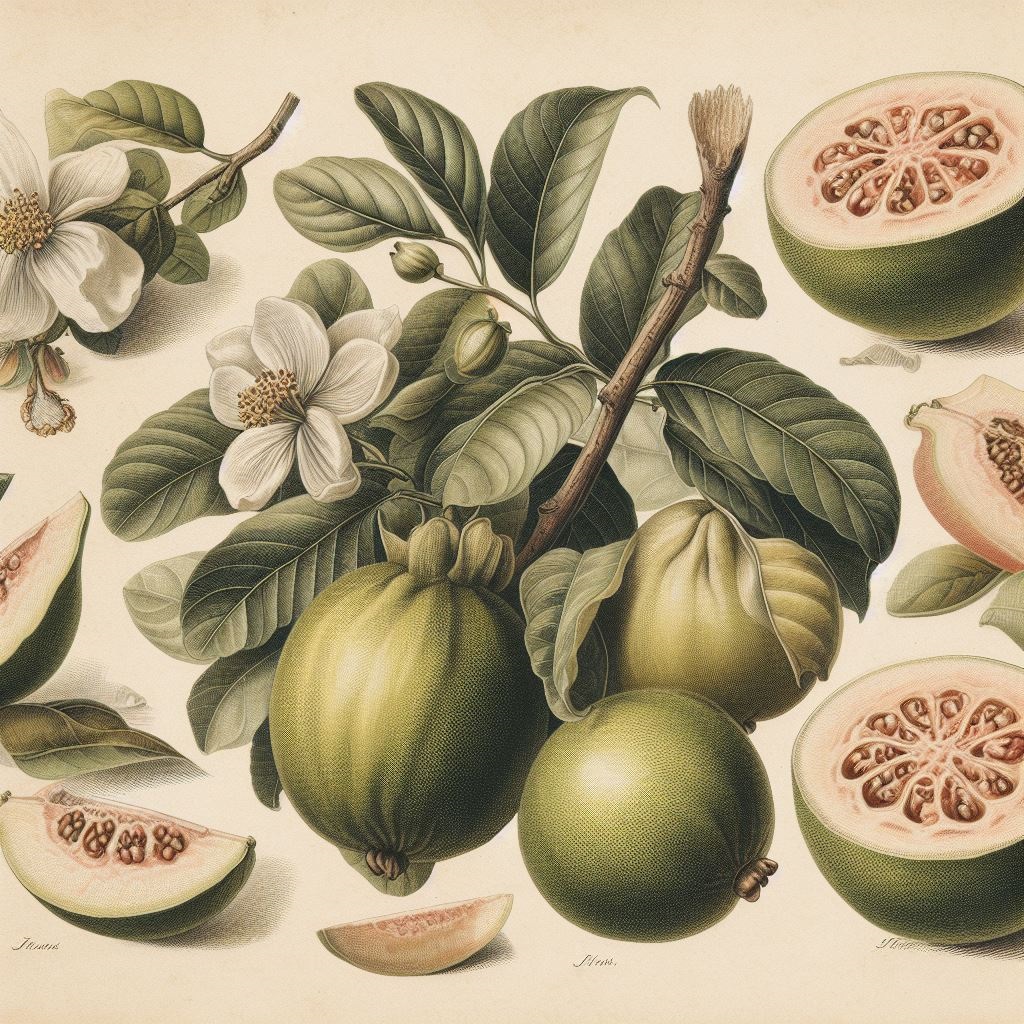
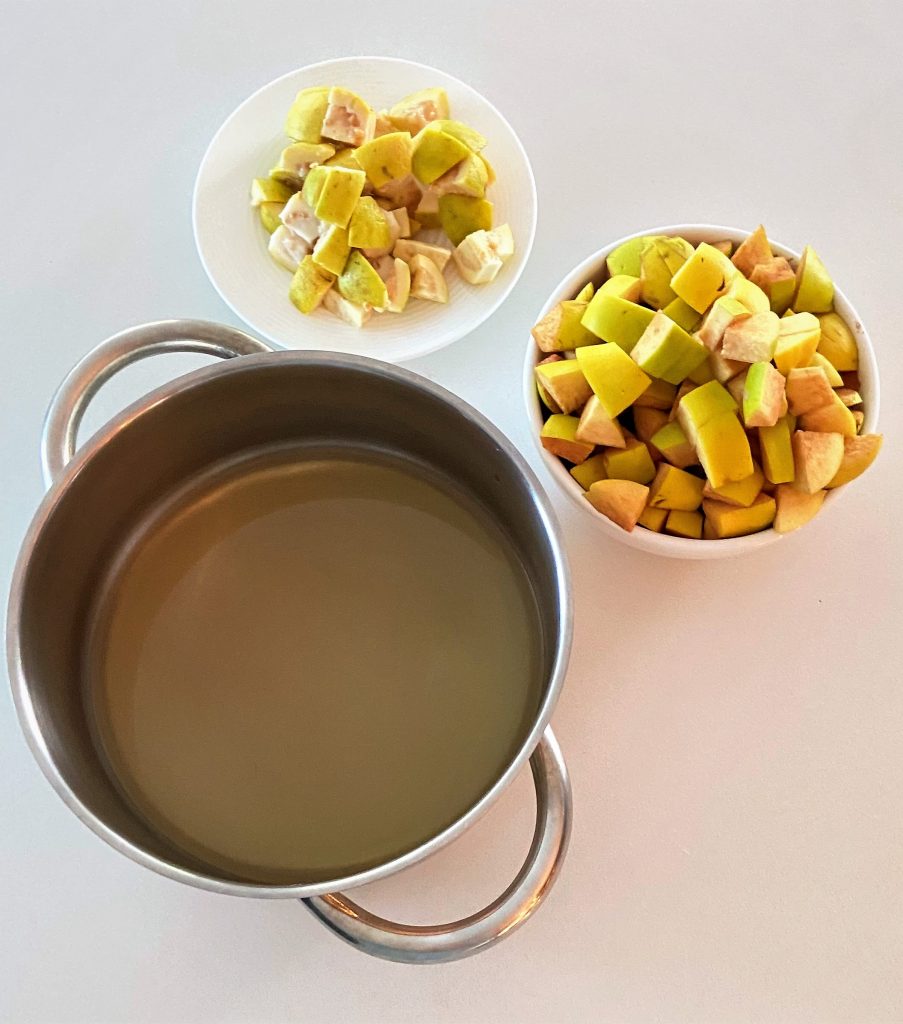
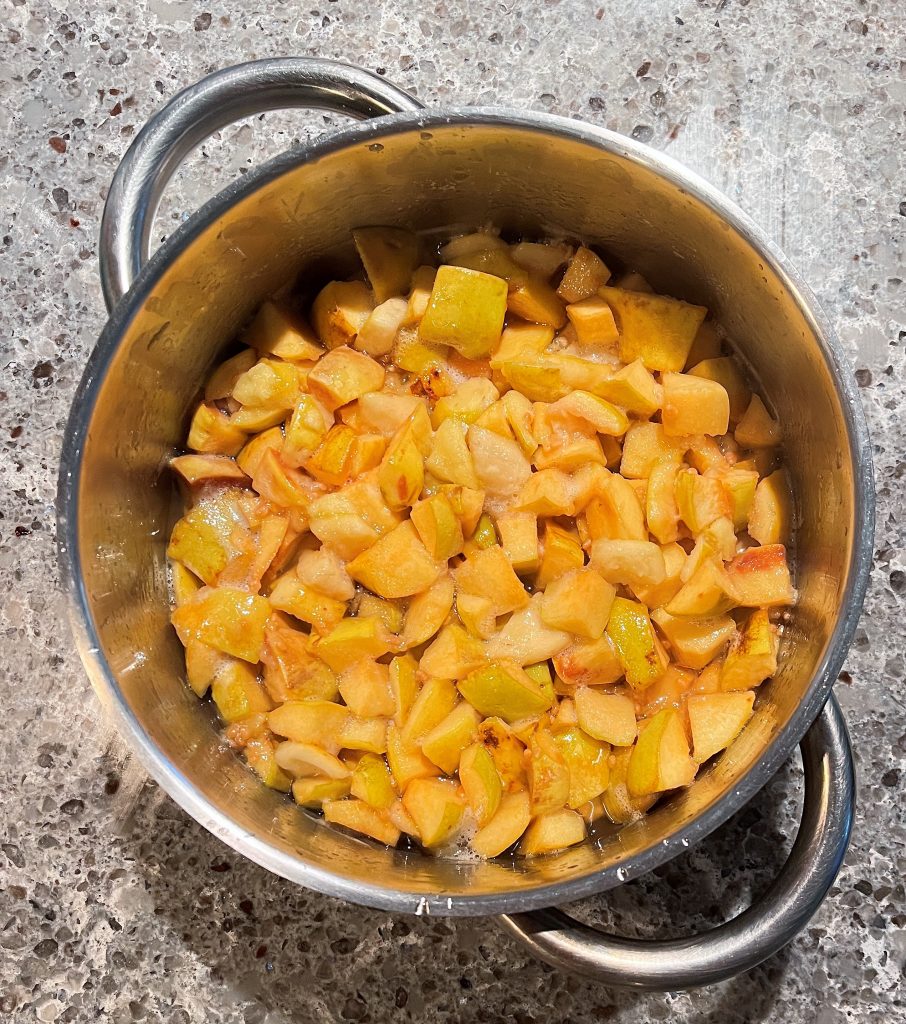
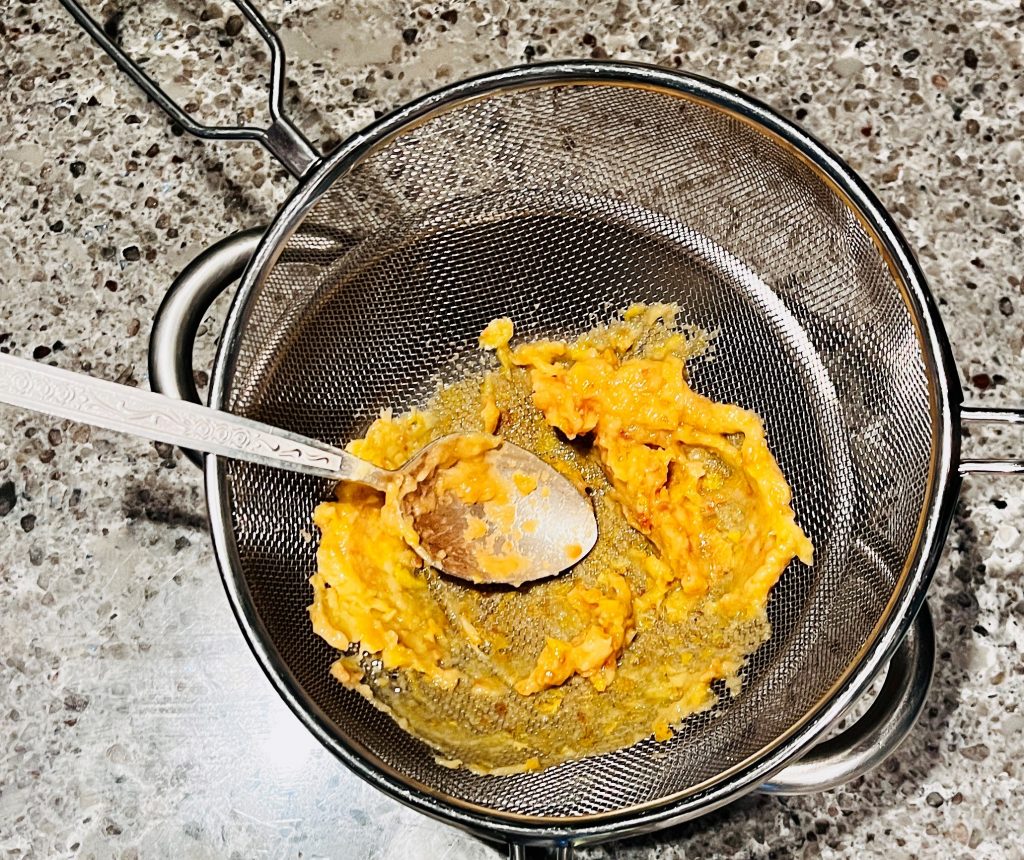
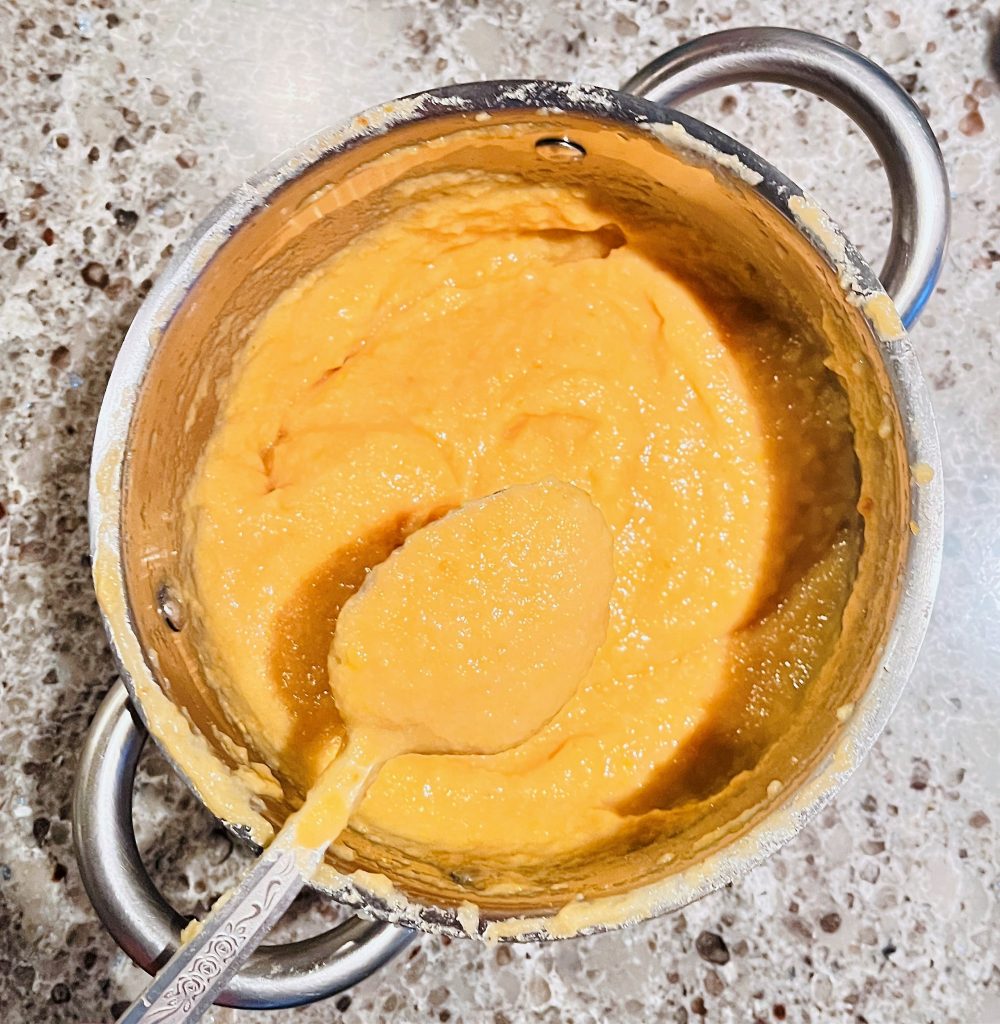
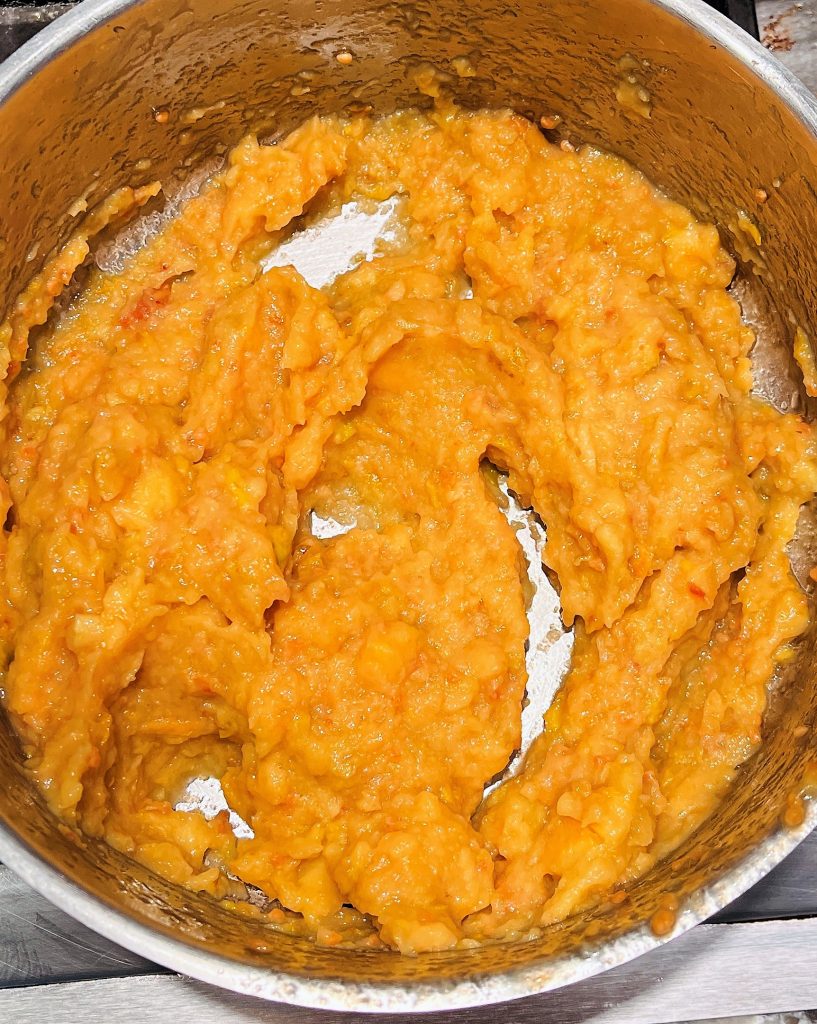
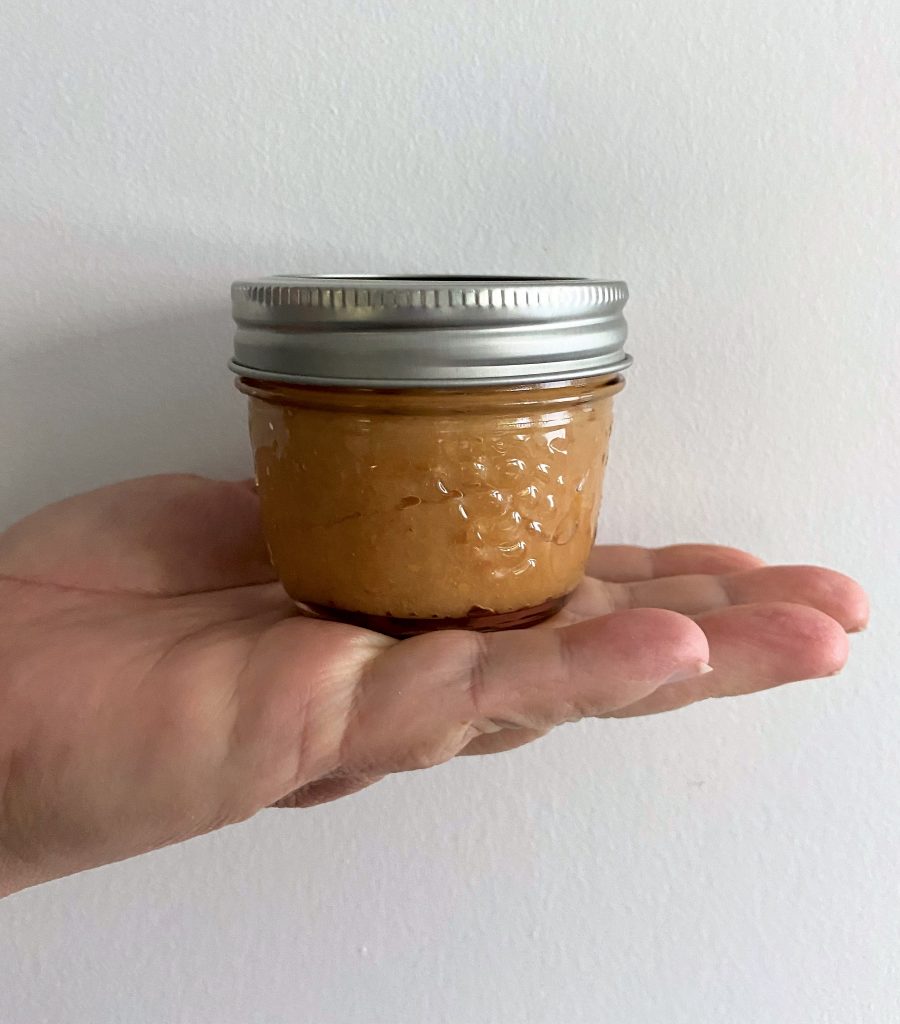
Guava and Quince (Butter) Jam Recipe
Equipment
- heavy-bottomed pot
- stainless steel colander or strainer
- wooden spoon
- potholders, oven mitts, trivets for hot dishes
Ingredients
- 2.2 lb quince (1kg)
- ½ lb guava (250 g.)
- ½ cup sugar
- 1 ½ cups water
- 1 tbsp. vanilla extract
Instructions
Prepare the Fruit:
- Peel, seed, and chop the guavas.
- Peel, core, and chop the quinces.
Prepare the sugar syrup:
- Dissolve sugar in one and a half cups of water and add vanilla extract.
- Bring the sugar mixture to a low simmer, allowing the sugar to completely dissolve (approximately 3 to 5 minutes).
Cook the jam:
- In a large, heavy-bottomed pot, combine the chopped guavas, quinces, and the prepared sugar syrup.
- Place the pot over medium heat, bringing the mixture to a gentle boil before reducing heat to a simmer.
- Allow the mixture to simmer until the fruits are soft and can be easily mashed, which should take approximately 10-15 minutes.
- Use a mesh kitchen strainer and a ladle or large metal spoon to press and rub the stewed fruit against the mesh, pushing the pulp and juices through. This step removes guava seeds and helps mash the fruit skins. If you prefer a coarser texture or don't mind the seeds, you can skip this step.
- Return the fruit pulp and juices to the pot. Bring the mixture to a gentle boil over medium-low heat.
- Once boiling, reduce the heat to a low simmer. Stir regularly and simmer the jam for 30 more minutes.
- Ensure the guava and quince jam is gently bubbling as you proceed to can it.
Yield
Choose your preferred canning method to preserve your jam
For those processing this preserve using water bath or steam canner, the processing time guidelines at various altitudes are as follows:
0 – 1,000 ft: 5 mins
1,001 – 6,000 ft: 10 mins
Altitudes Above 6,000 ft: 15 mins
Frequently asked questions
What is quince jam?
Quince jam is a sweet spread made from quince, a fruit with a distinct shape and tough, yellow-golden skin. Despite its tartness when raw, quince transforms into a sweet and aromatic delicacy when cooked down into jam.
What is quince paste?
Quince paste, also known as “membrillo” in Spanish, is a sweet, thick jelly or preserve made from quince fruit. Unlike quince jam, which has a smoother texture, quince paste is more concentrated and has a firm, dense consistency. It is typically set into a block or molded shape, making it easy to slice or spread.
When is quince season?
Quince season varies depending on the region and climate. Generally, quince fruits are harvested in the fall, typically from late September to early November. However, the exact timing can be influenced by factors such as the specific variety of quince, local climate conditions, and cultivation practices.
Is quince jam low FODMAP?
Quince itself is considered low FODMAP, and in moderate amounts, it can be suitable for those following a low FODMAP diet.
However, the process of making jam involves adding sugar, which can contribute to the FODMAP content. In general, FODMAP content of quince jam would depend on the specific recipe and the quantity of sugar used. If you are in doubt about the FODMAP of the jam, we advise you to check with the FODMAP trained dietitian.
Can this quince jam be frozen?
We do not recommend freezing this jam.
Why is this quince jam not pink?
The color of quince jam can vary based on several factors, including the specific variety of quinces used, the cooking process, and whether additional ingredients like lemon juice or, as is our case, guava, were added. Quince jam naturally tends to have a golden to amber color rather than pink.
How long does quince jam keep?
The shelf life of quince jam depends on various factors, including the ingredients used, the cooking process, and how it’s stored. If the quince jam is stored in sealed, unopened jars in a cool, dark place, it can typically last for up to a year or even longer. The high sugar content in jams acts as a natural preservative.
How do you eat quince jam?
Quince jam is a versatile condiment that can be enjoyed in various ways. Here are some delicious ways to eat quince jam:
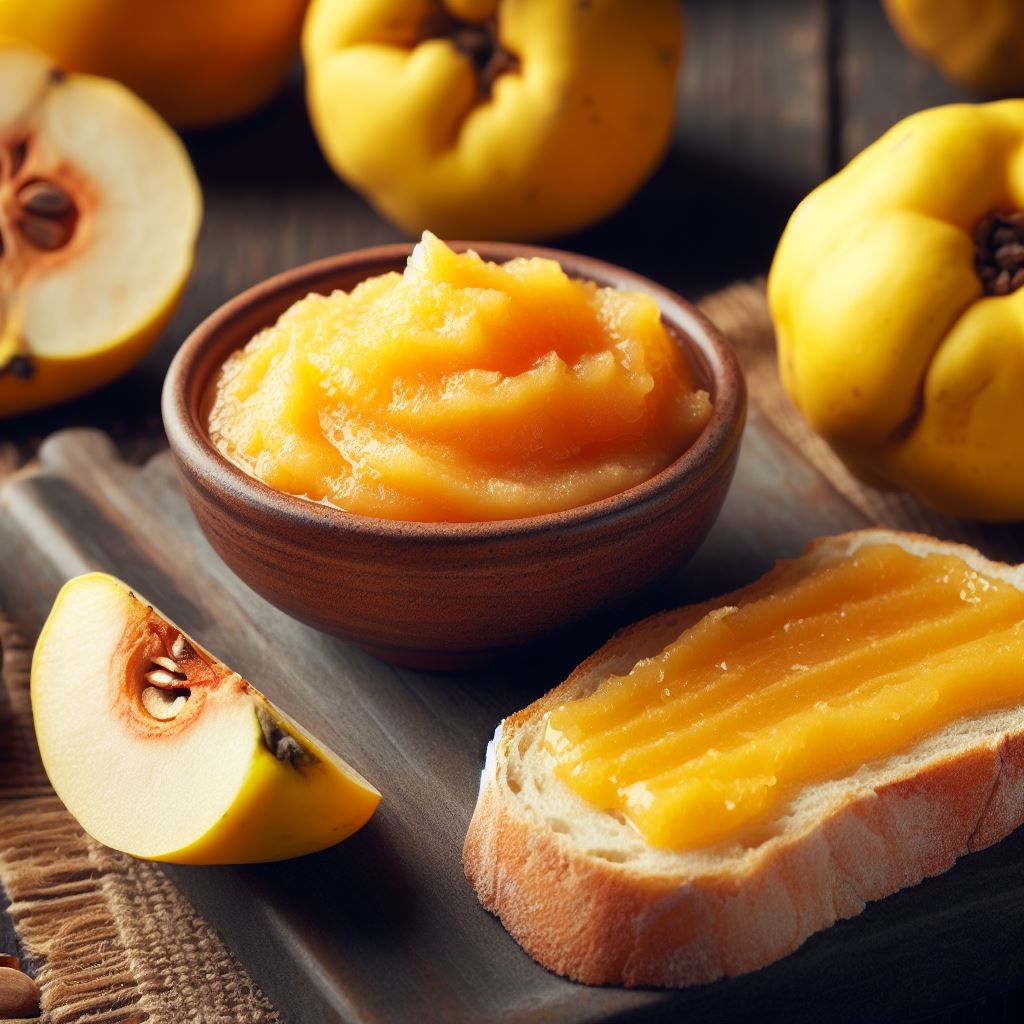
- Cheese Pairing: Quince jam pairs exceptionally well with cheese. Serve it alongside a cheese platter, and the sweet-tart flavor of the jam complements the savory notes of the cheese. Manchego and other hard cheeses are particularly popular choices.
- Glaze for Meats: Quince jam can be used as a glaze for meats, particularly pork or poultry. Brush it on during the last few minutes of cooking for a sweet and tangy finish.
- Spread on Toast or Bread: One of the classic ways to enjoy quince jam is by spreading it on toast or bread. Pair it with butter or cream cheese for an extra layer of flavor.
- Condiment for Savory Dishes: Use quince jam as a condiment for savory dishes. It can add a sweet and tangy element to sandwiches, grilled cheese, or roasted meats
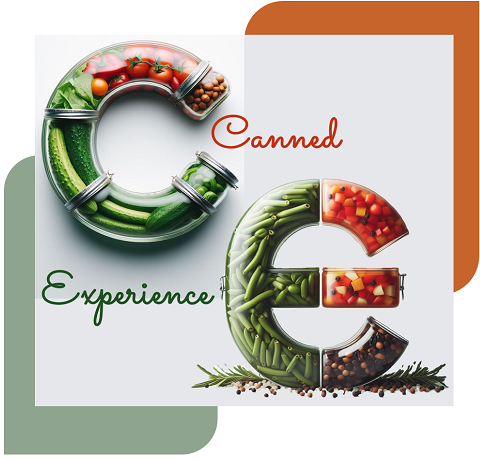
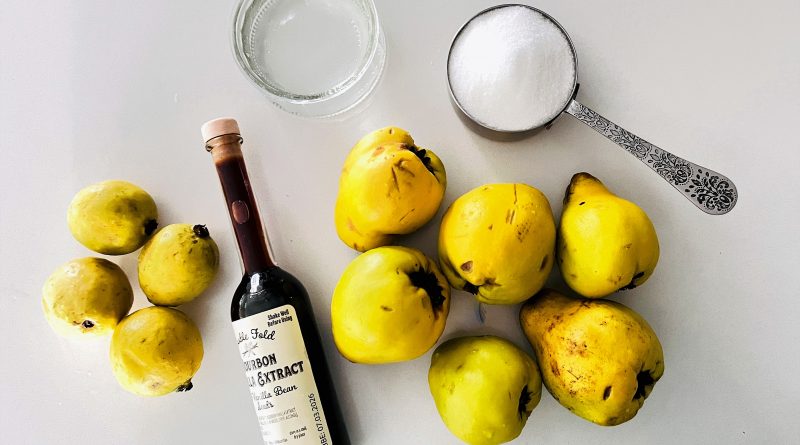
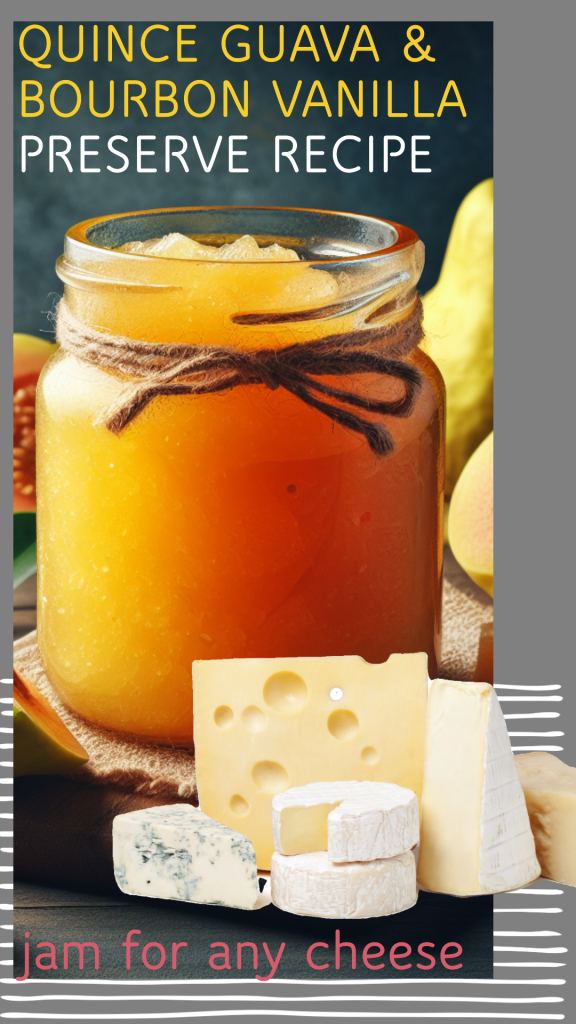

Leave a Reply